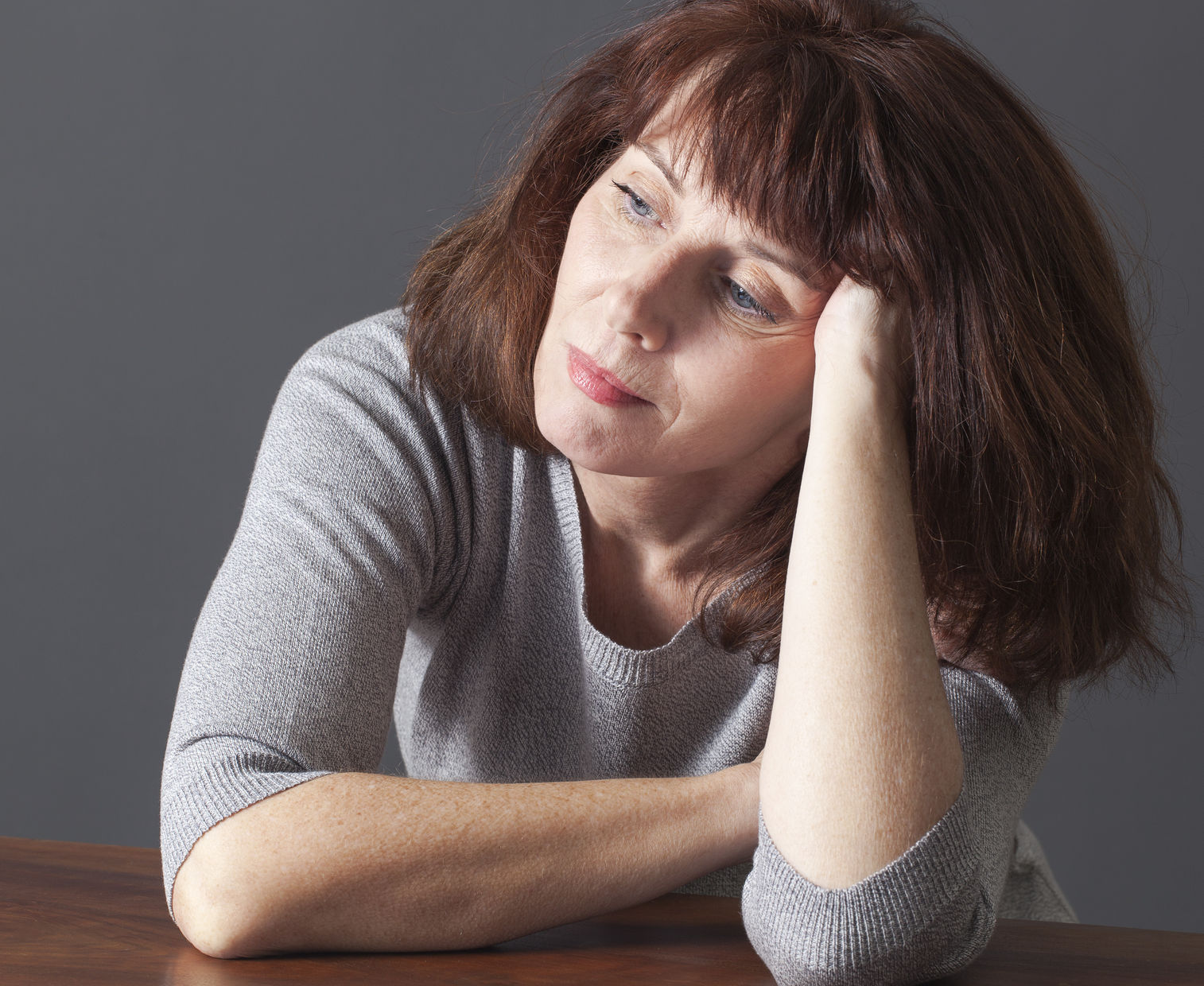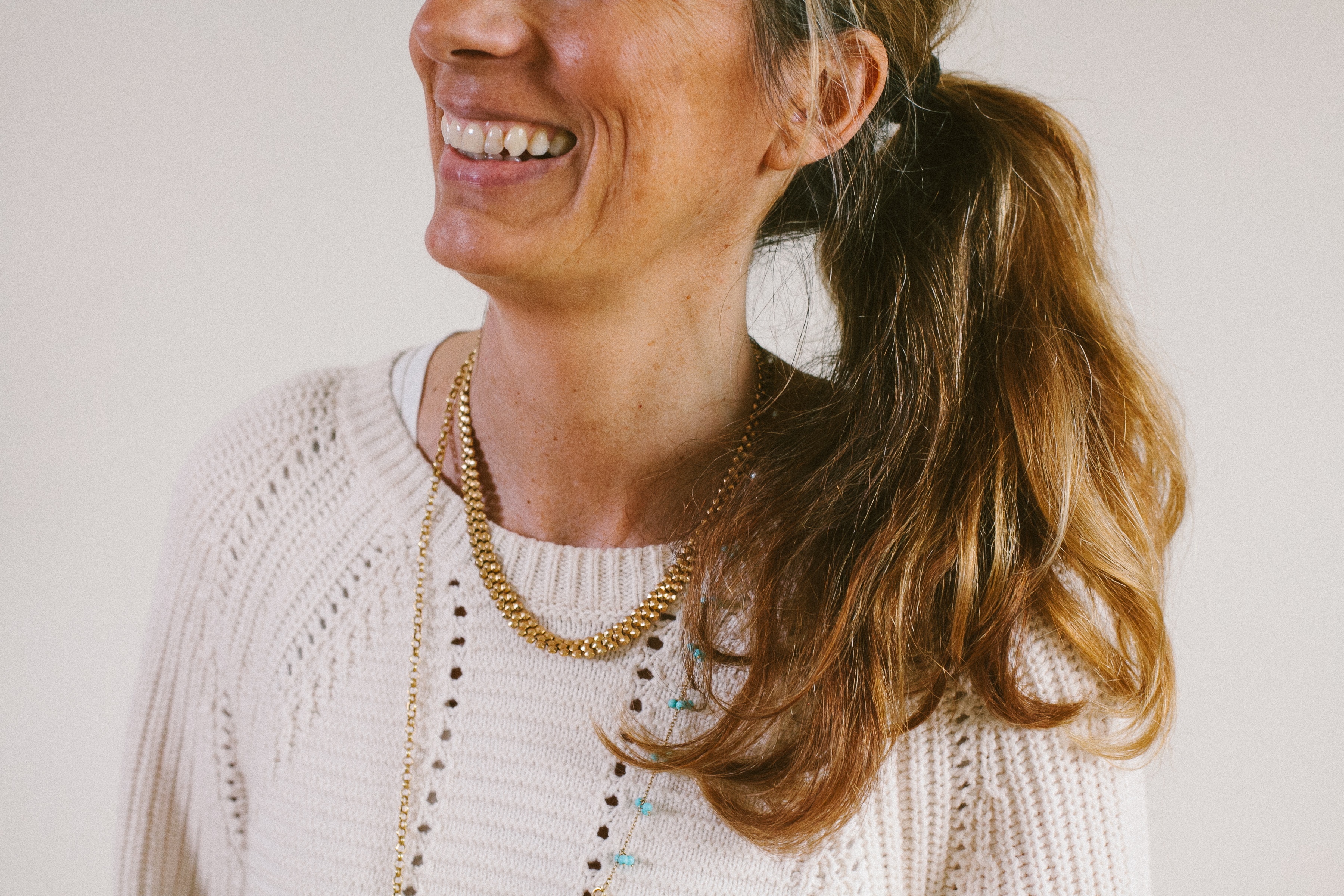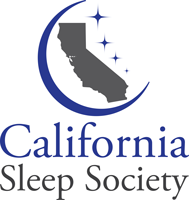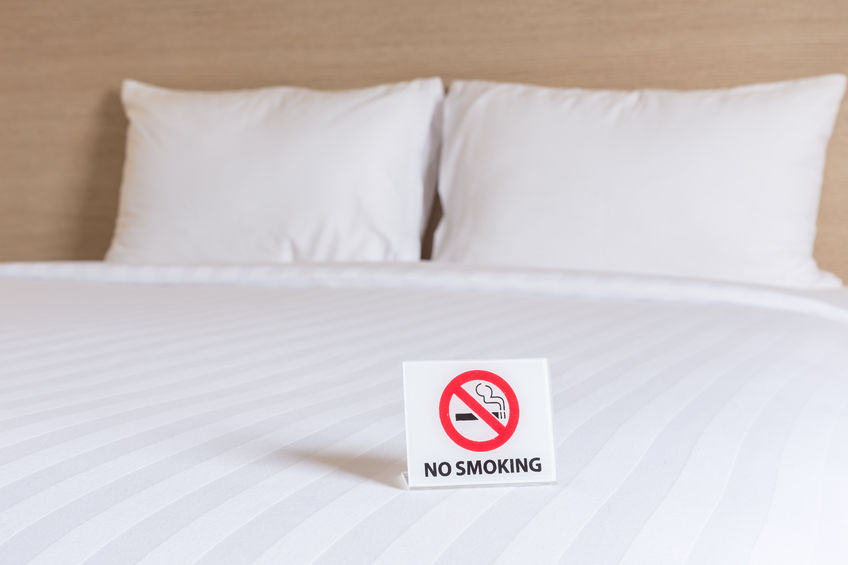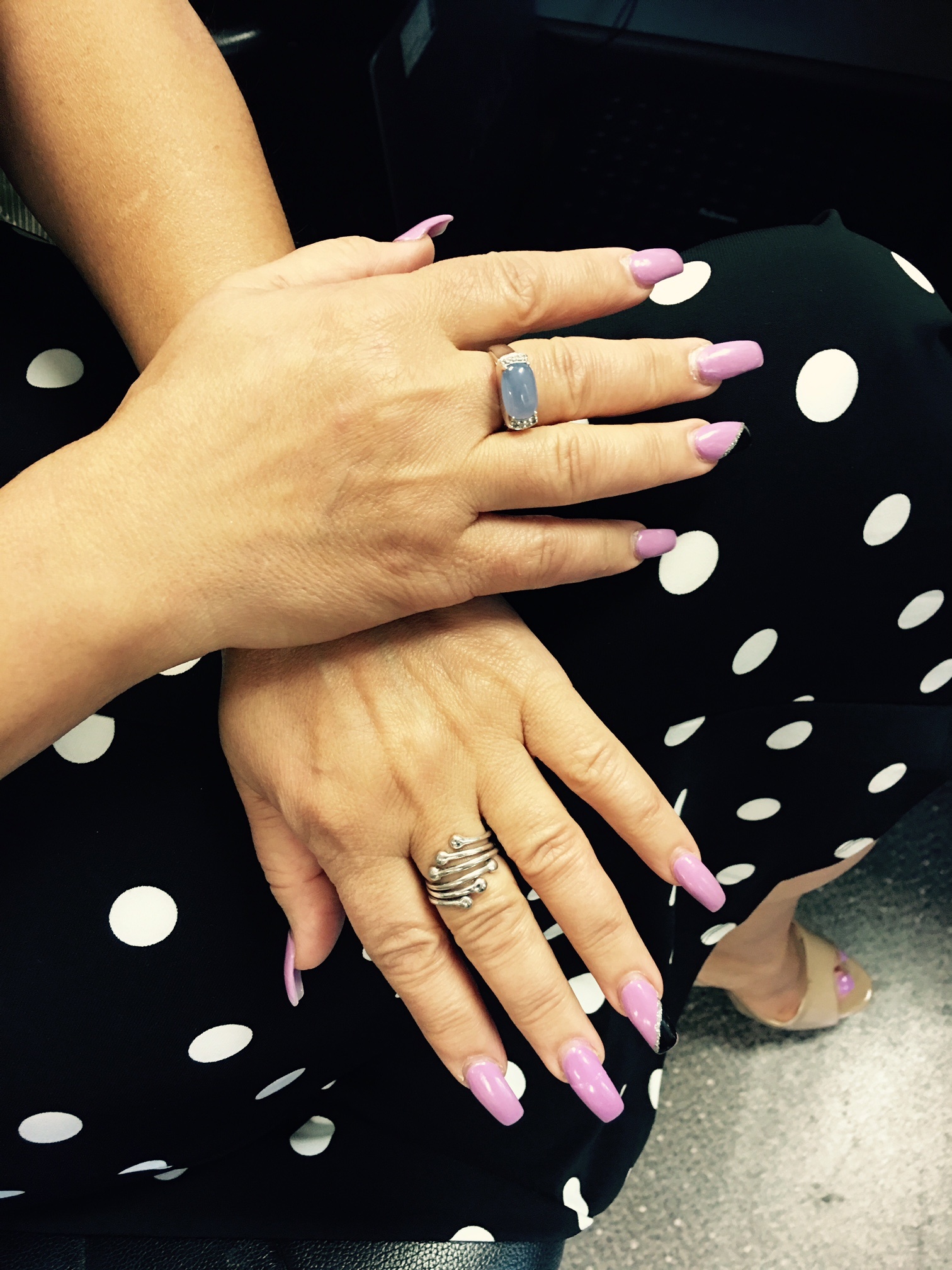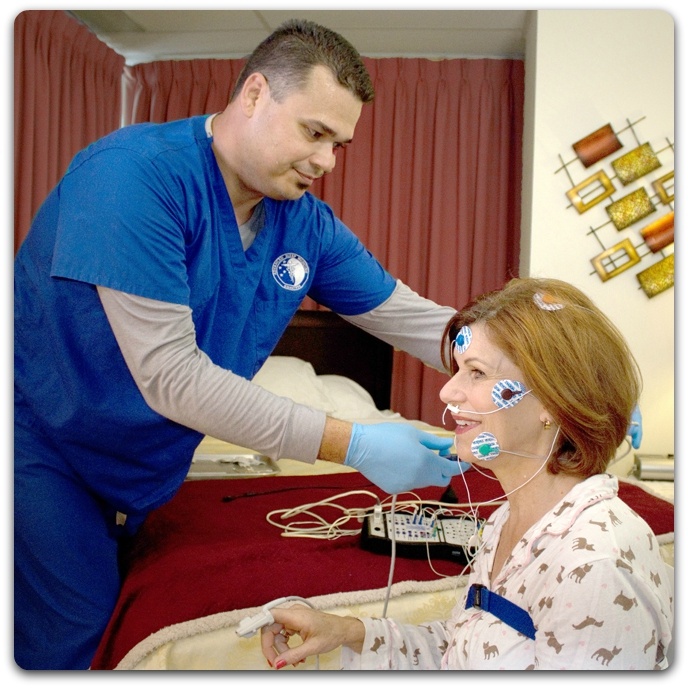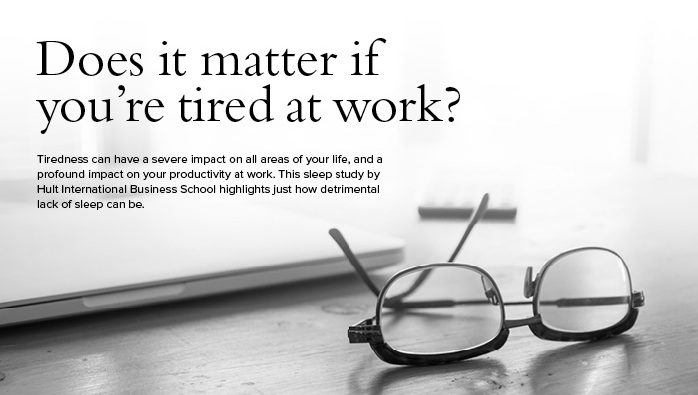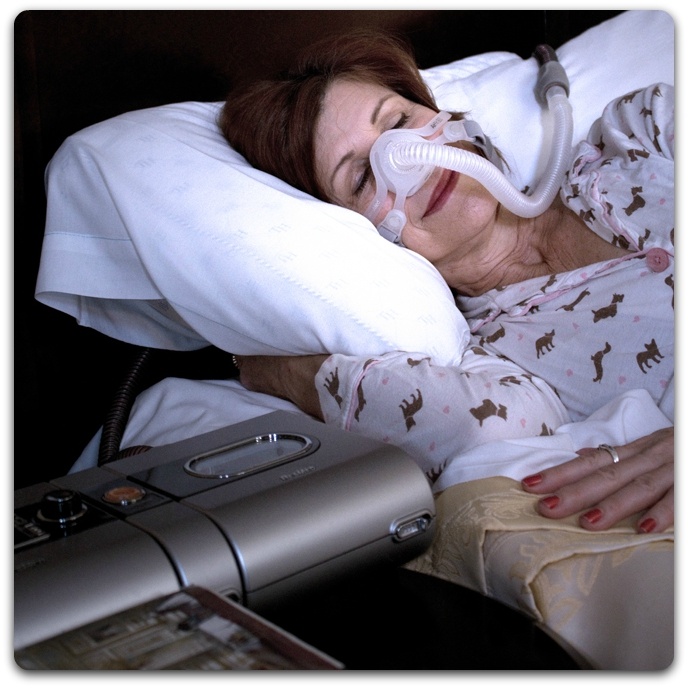This is the second post in a two-part series about women and sleep apnea.
Our first post, Why Women with Sleep Apnea are Overlooked, investigates the differences in how women experience and report sleep issues and directly addresses the stereotype that sleep apnea is a man's disease.
In this post, we look at the causes and effects of sleep apnea in women.
As it does in men, sleep apnea in women can cause serious health problems. The sleep disorder increases the risk of heart attack, stroke and early death. Also, the disorder may increase the likelihood of developing type 2 diabetes, obesity and other chronic health problems. Untreated sleep apnea can also lead to cognitive impairments, mood imbalances and metabolic problems.

